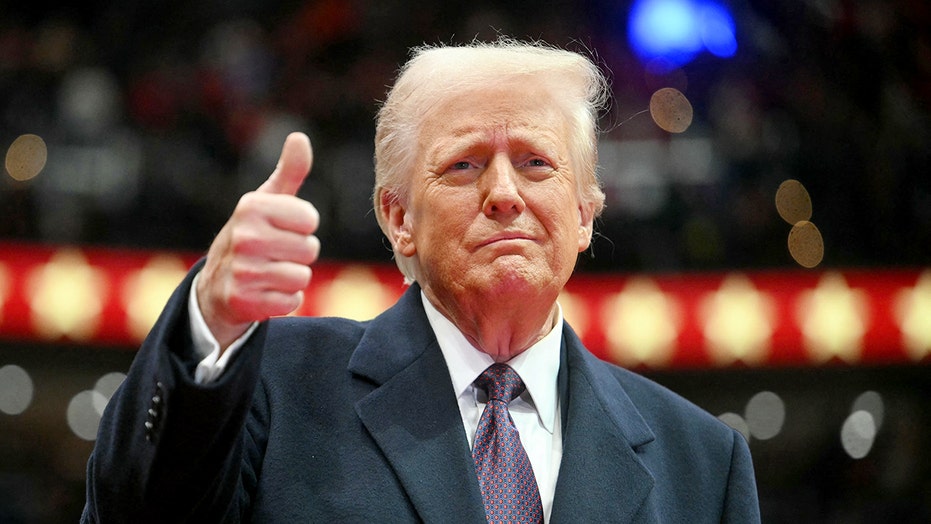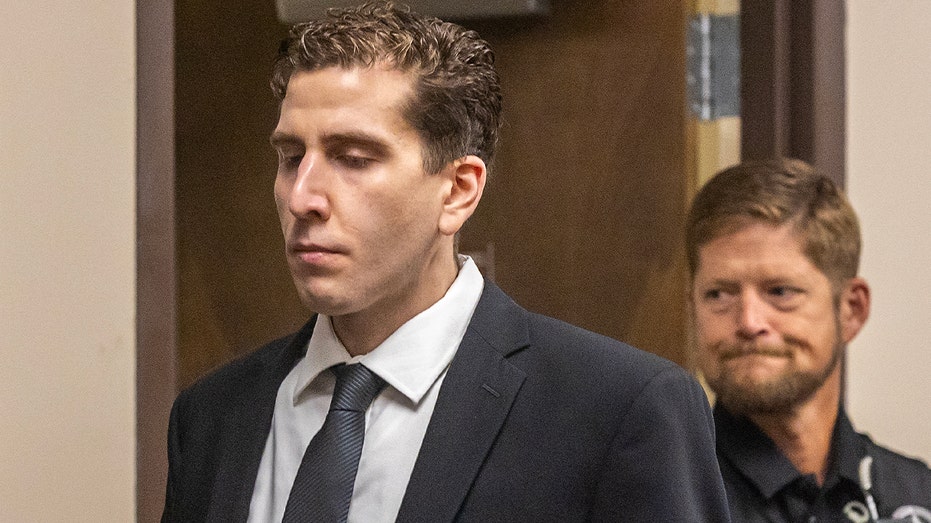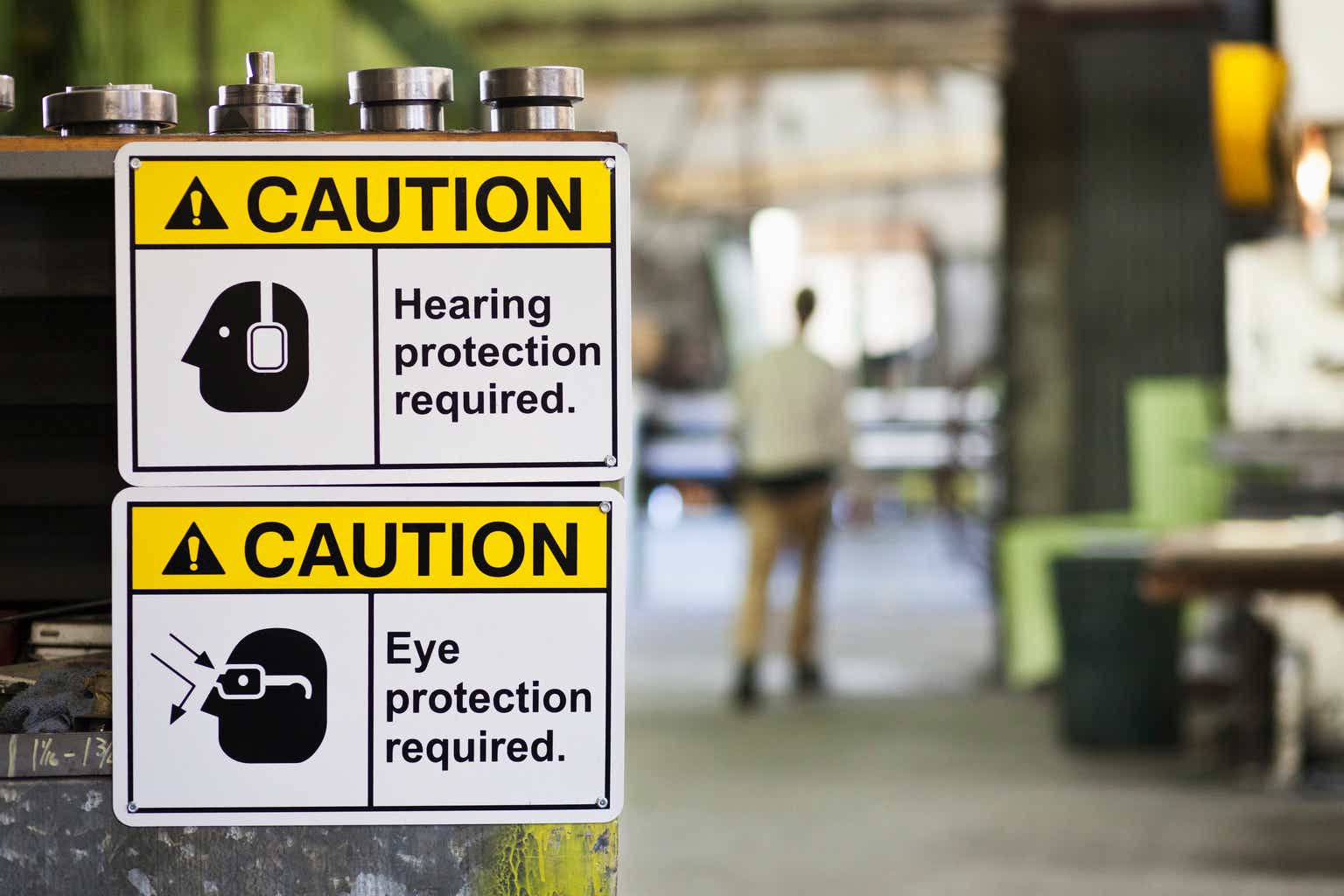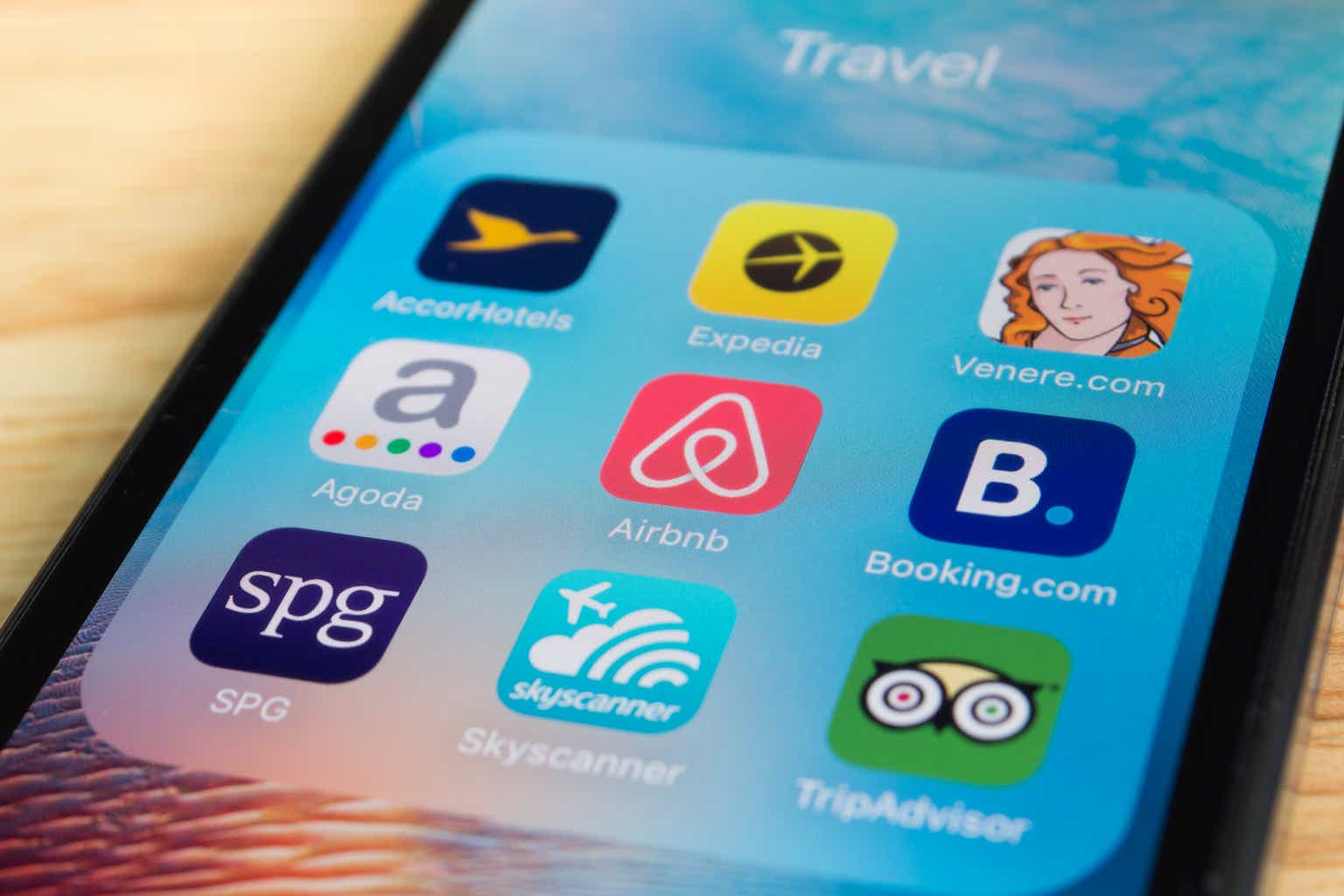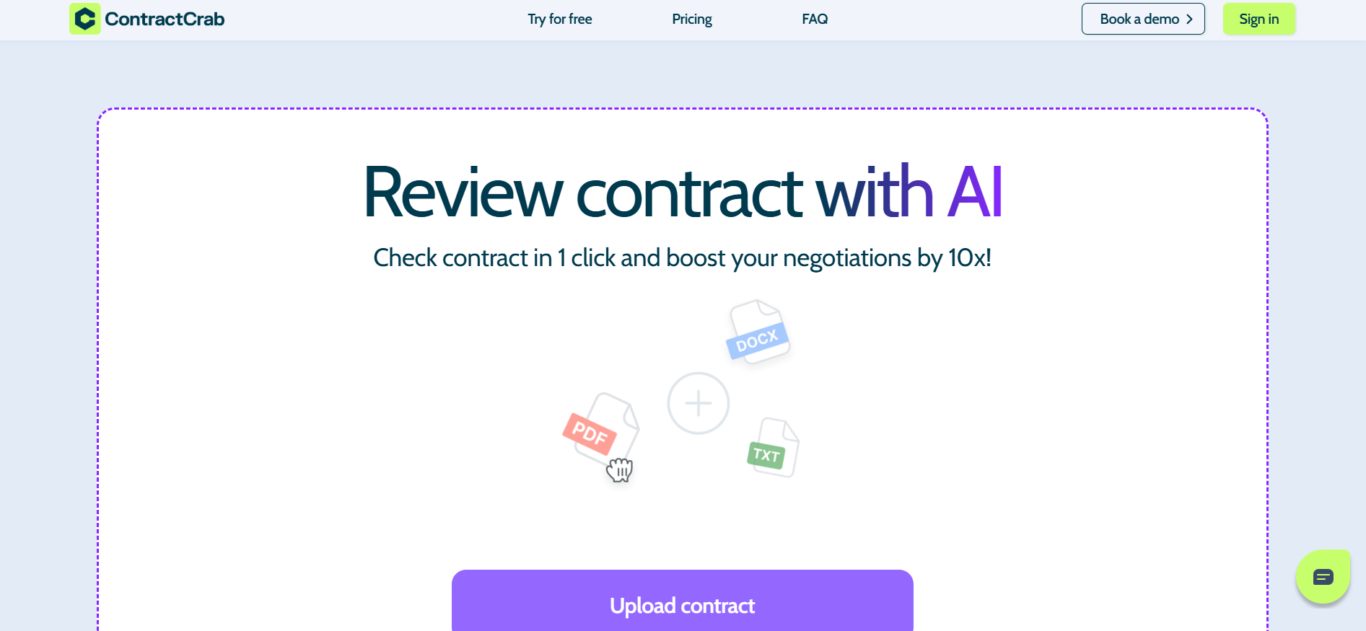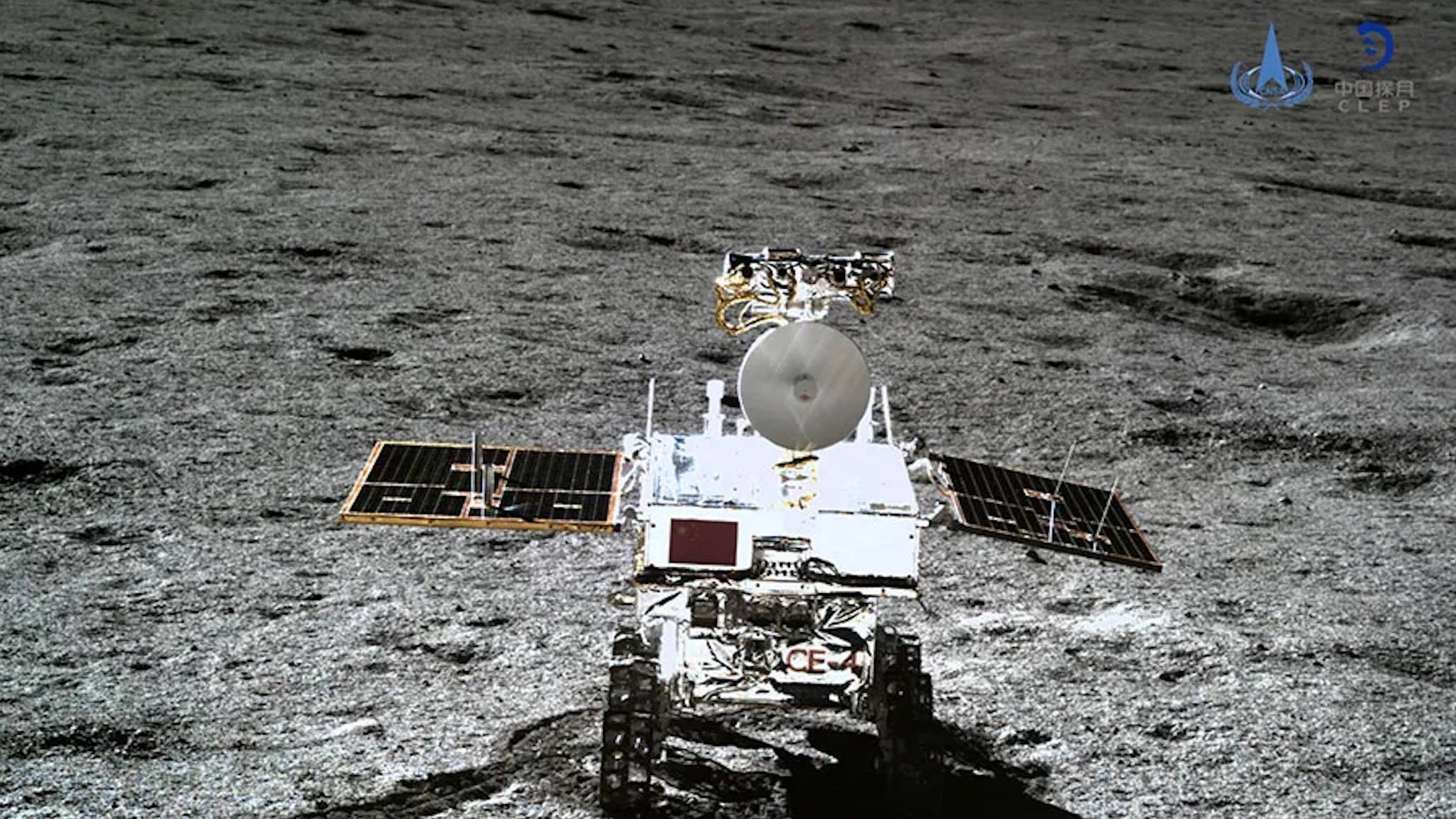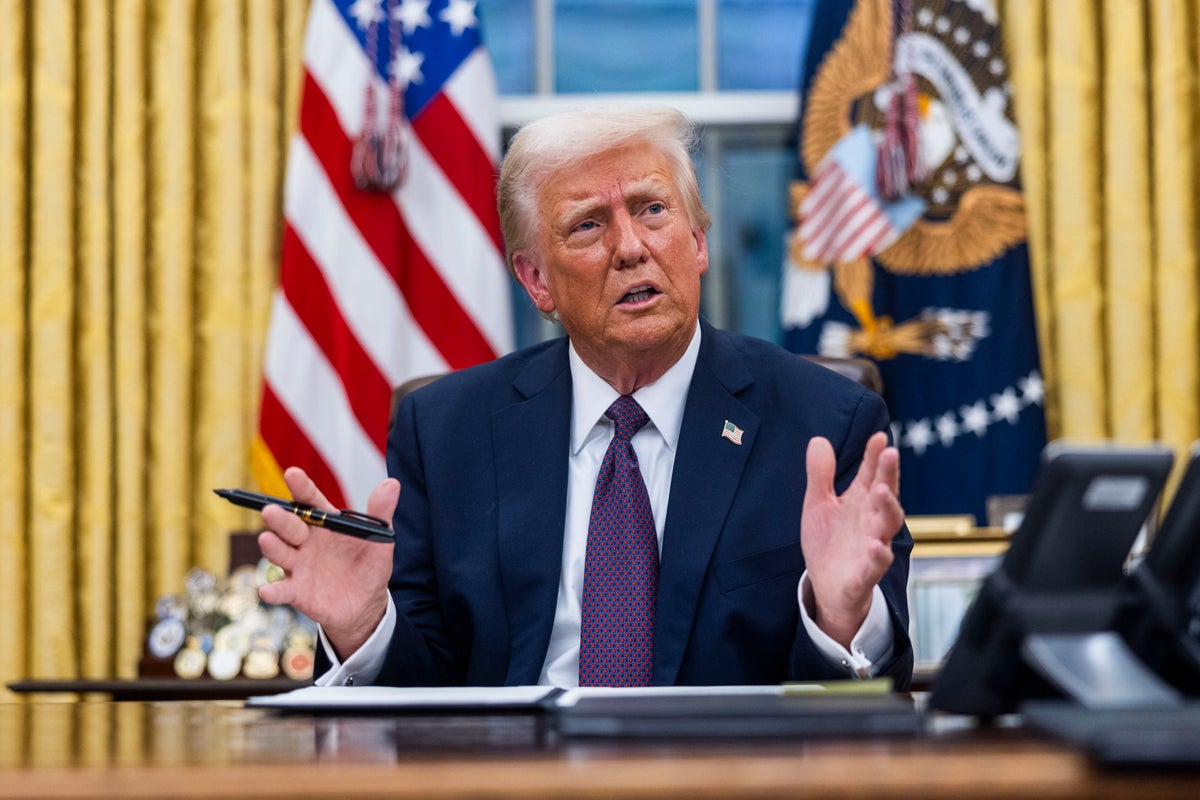What a wild conspiracy theory about Politico tells us about how Trump governs
A brief spat between Elon Musk and the news organization Politico is making something quite obvious: The nation’s governance is increasingly at the whim of online conspiracy theorists. This incident began with two unrelated events: On Tuesday, staffers at Politico reported that the company had missed payroll. Those issues were resolved later that day. Separately, […]


A brief spat between Elon Musk and the news organization Politico is making something quite obvious: The nation’s governance is increasingly at the whim of online conspiracy theorists.
This incident began with two unrelated events: On Tuesday, staffers at Politico reported that the company had missed payroll. Those issues were resolved later that day. Separately, Musk and his Department of Government Efficiency team were in the middle of gutting USAID, freezing its operations and spending under the guise of reviewing how money was being spent.
Posters on X, however, saw something more nefarious about both facts. It couldn’t just be a coincidence, they said, that Politico wasn’t paying its staff after USAID money stopped flowing. The more likely explanation, they concluded, was that the news organization was dependent on some kind of USAID money, and that federal funding had been funneled to mainstream news organizations for better coverage and to attack Trump and Musk.
Online sleuths did their own research (i.e., they looked up federal expenditures on the federal government’s open database USASpending.gov) and found something to support their claim. Federal agencies, including but not limited to USAID, had paid $8.2 million last year for subscriptions to the news organization’s Politico Pro service, a paywalled news, legislation, and research database that plenty of industry professionals, corporations, and government staffers find useful.
Those payments were everything the entire federal government had paid, and USAID’s expenditure was a tiny share of that overall amount (some $44,000 for a couple of subscriptions over two years). And they weren’t subsidies, grants, or gifts to exert editorial control; they were normal transactions — paying the subscription cost for the services Politico Pro provides.
And it’s not just Politico — all kinds of government users and agencies find the services and coverage that media organizations provide to be useful, and so pay for subscriptions to places like the New York Times, Axios, or the Associated Press, as the investigative journalist Byron Tau pointed out on Wednesday.
None of this seemed to matter to Musk, who quickly encountered these online conspiracies and responded that he’d shut down the payments. “Not an efficient use of taxpayer funds. This wasteful expenditure will be deleted,” he said in response to a post claiming employees at the Food and Drug Administration were paying $517,855 for Politico Pro subscriptions. The Tesla CEO spent much of the rest of the day on X reposting and amplifying posts about government payments to news organizations, NGOs, and nonprofits — and eventually, the conspiracies made their way to the White House.
Speaking from the briefing room, White House press secretary Karoline Leavitt addressed Politico directly, saying she “was made aware of the funding from USAID to media outlets including Politico who I know has a seat in this room” and said that “the more than $8 million in taxpayer dollars that have gone to essentially subsidizing subscriptions to Politico on the American taxpayers’ dime will no longer be happening.”
By Thursday morning, President Donald Trump had weighed in: “THE LEFT WING ‘RAG,’ KNOWN AS ‘POLITICO,’ SEEMS TO HAVE RECEIVED $8,000,000. Did the New York Times receive money??? Who else did??? THIS COULD BE THE BIGGEST SCANDAL OF THEM ALL, PERHAPS THE BIGGEST IN HISTORY! THE DEMOCRATS CAN’T HIDE FROM THIS ONE. TOO BIG, TOO DIRTY!”
The whole incident is messy, but illuminates a few things. The federal government, and its agencies and departments, of course don’t have an obligation to subscribe to any news organizations. It’s within their rights to cancel subscriptions if they want to, just like I can cancel a subscription to Mubi after I’ve paid to watch The Substance.
But this media scrutiny and ensuing uproar began because of a handful of conservative influencers and average Joes just posting their thoughts and conspiratorial webs online, for Musk to see. All it took was a few posts for Musk, who now seems to wield limitless power in the federal bureaucracy, to launch a new crackdown, and now at least one federal department, the US Department of Agriculture, is complying and stopping payments, according to independent journalist Marisa Kabas. Another, the General Services Administration, is being ordered to cancel “every single media contract” the agency expenses, including Politico, its subsidiaries, and the BBC, per Axios.
For now, it’s just subscriptions to news services affected by these posters — those companies will surely take a financial hit, and more media layoffs may ensue.
But they also sum up the risks of Musk and DOGE’s frenzied drive to cut federal funding for a variety of other purposes. Not only is cutting-government-spending-by-conspiracy-theory risky — you’re relying on folks who preface their claims with “assuming this is accurate,” for one — it also opens up the real possibility that high-stakes decisions are made about important and valuable government services and programs without considering the negative, harmful effects they might have on everyday people.
Musk, at least, has signaled through posts on X that he’ll force cuts and audits at the Treasury Department, at the Pentagon, at the Centers for Medicare and Medicaid, and at the Social Security Administration; additional cuts are likely coming to departments of labor and education. Has every proposed reduction been scrutinized? Will specific cuts to programs or grants that can’t be undone happen because a random troll gets Musk’s — or Trump’s — attention? Are specific cuts there contingent just on what DOGE staff finds? Or can social media sleuths and conspirators now force specific government responses, all because Musk and Trump can see — and respond — to their theories?

